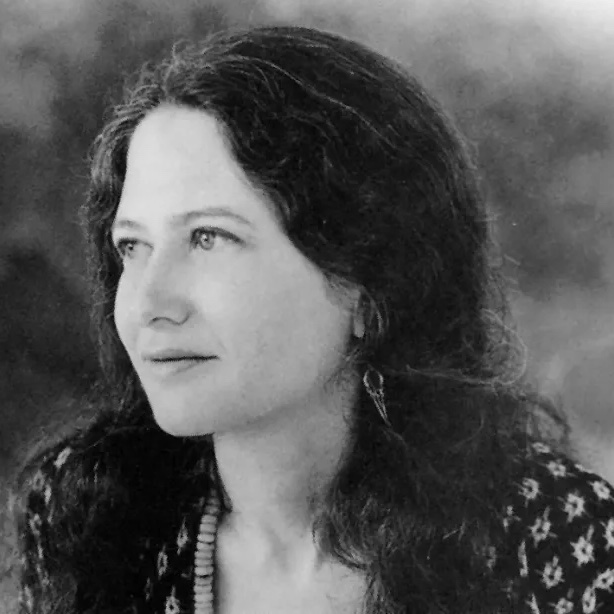It was like this:
you were happy, then you were sad,
then happy again, then not.
It went on.
You were innocent or you were guilty.
Actions were taken, or not.
At times you spoke, at other times you were silent.
Mostly, it seems you were silent—what could you say?
Now it is almost over.
Like a lover, your life bends down and kisses your life.
It does this not in forgiveness—
between you, there is nothing to forgive—
but with the simple nod of a baker at the moment
he sees the bread is finished with transformation.
Eating, too, is a thing now only for others.
It doesn’t matter what they will make of you
or your days: they will be wrong,
they will miss the wrong woman, miss the wrong man,
all the stories they tell will be tales of their own invention.
Your story was this: you were happy, then you were sad,
you slept, you awakened.
Sometimes you ate roasted chestnuts, sometimes persimmons.
Published:
2006
Length:
Regular
Literary Movements:
Contemporary
Anthology Years:
2024
Themes:
Food
Poems of the Everyday
Literary Devices:
Juxtaposition
the fact of two things being seen or placed close together with contrasting effect
Personification
the attribution of human qualities to a non-human thing
Simile
a comparison between two unlike things using the words “like” or “as”

